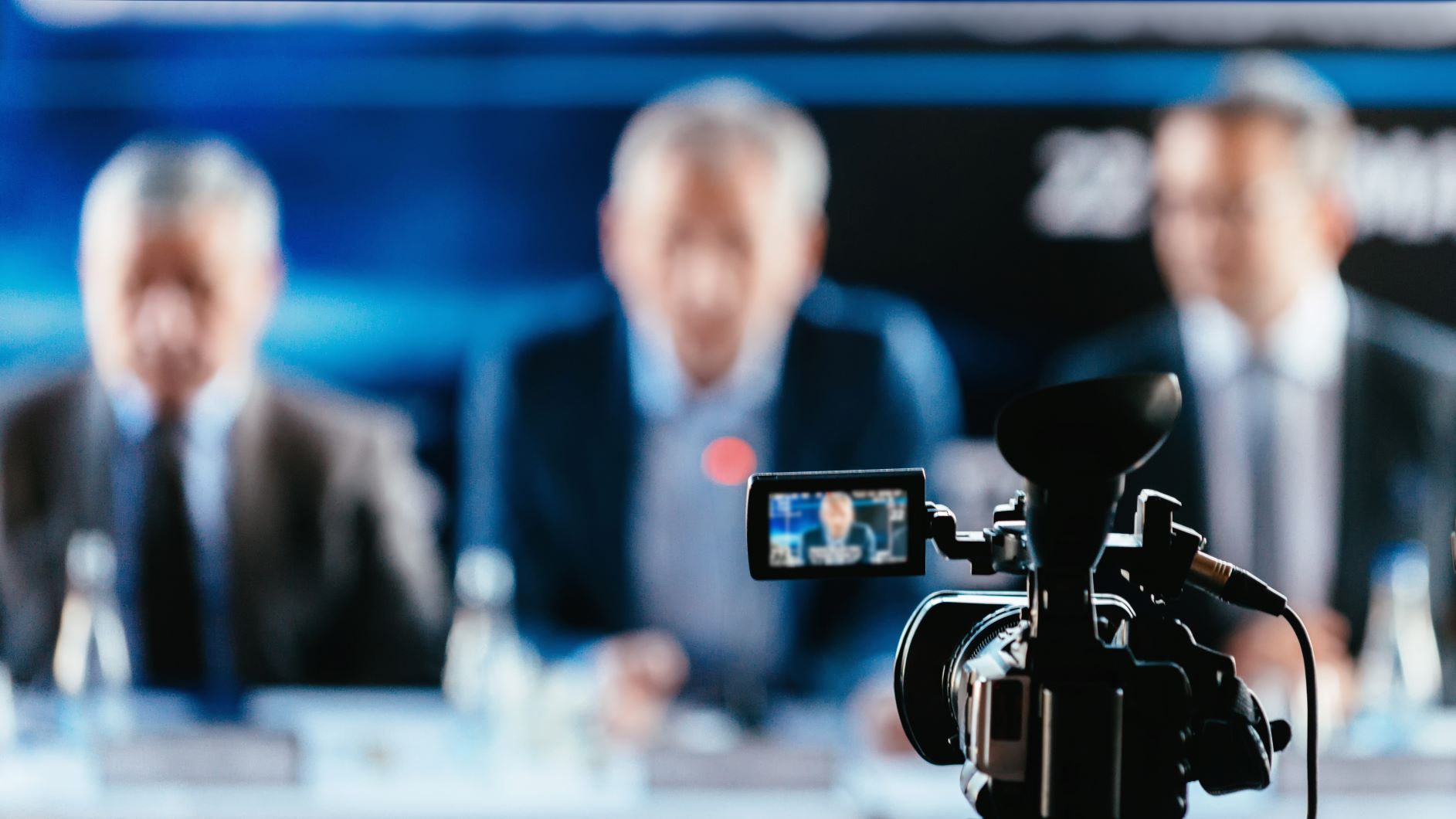Folk devils and moral panic – James O’Brien LBC interviews will show you just how misinformed the views of people are, with the media breeding cognitive dissonance and pseudo-intellectualism.
“If we do not feed them, they eat us.”
This is how it was put by former Press secretary, Alastair Campbell to new press office recruits. There is a huge sense of the democratically elected executive needing to fit the agendas of the unelected media. Coming from two Greek words that mean ‘people’ (demos) and ‘rule’ (kratos), the word ‘democracy’ literally means “Power to the People”. Can the people really have power when fed with biased information, awash with ulterior motives?
Sensationalism
Let us start with sensationalism. We all know the media capitalise on fears and prejudices; their selective reporting of facts in articles creates a tsunami of citizens who refuse to hear any other opinion of their own. Take the hot topic of knife crime for example. The gross misrepresentation of statistics by the media, coupled with headlines such as “Call in the army” (The Sun), all created mass hysteria. Democracy is skewed here – increasing media pressure and public cries for government intervention results in rushed and inaccurate policy implementation. ‘Stop and Search’ powers are an example of this, where a black man is eight times more likely to be stop and searched by their white counterparts. Statistically, these powers are disproportionate and ineffective, as over 70% come out negative, leaving people traumatised and distrustful of the institutions meant to serve them.
Distortion of image also occurs. When reporting on the Mark Duggan case in 2011, papers carefully selected images tobrand him a ‘stone cold thug’ – including the use of a particular photo with the bottom half cropped out. Why was it cropped? Duggan was holding a plaque in memory of his deceased daughter, conflicting with their presentation of another heartless Black man.
Matters are made worse by the fact that media sensationalism is often quick to blame but reluctant to apologise, which further disfigures democracy. Upon finding out that Duggan didn’t shoot a police officer (in fact, the officer shot him), only a select few outlets chose to correct the facts – and it definitely wasn’t done on the front cover. This is only but one example of sensationalism distorting democracy. We all remember Brexit- headlines calling for Britain to “Ban migrants” (Daily Express) who “Take all new jobs”, and the subsequent spike in hate crime. If we allow the media to do as they please, the public becomes misinformed which leads to ineffective scrutiny and misrepresentation of accurate views.
MP policy bending
Discussing the media, Churchill declared governments should either “squash ‘em or square ‘em.”As these remarks were uttered during the First World War, it may be argued that, at such a crucial and unstable time in the country’s history, manipulation was for the best in order to reassure the public. However, it only takes one excuse to create a snowball effect. By the end of the 20th century, the full implications of such an approach had materialised, with 1997 being a particularly vocal year for media-political relations. Following his landslide election (backed by the Sun), Blair’s first appointment was not a Policy Chief; but a Press Chief. Clearly the presentation of policies was more important than the content of the policies themselves.
Tony Blair and the all-powerful Rupert Murdoch had been in contact before he even became Prime Minister. In 1995, Blair flew halfway round the world to Hayman Island in order to solidify his relationship with the newspaper mogul – a clear illustration of the emphasis placed on (biased) media support within elections. Is this really democracy?
Blair’s relationship with the Murdoch became ‘almost incestuous’, with the Australian even labelled the ‘24th member of Cabinet’- unelected and unrepresentative. Let’s examine the change between the Labour Party manifestos in 1992 and 1997. In the former, the party promised to “establish an urgent enquiry … into the concentration of media ownership”, essentially, foreign ownership of British newspapers. In other words, Murdoch was to be investigated. In 1997, this promise was replaced. Rather, the “Media… should reflect the realities of a far more open and competitive economy” whilst balancing “sensible rules, fair regulation and national and international competition”. Clearly, we see the impact of Murdoch’s self – proclaimed “smidgen of power”. If an MP bends to wills of the media rather than those of the public, what can be said of democracy?
Some smidgen.
Education and impartiality
The increasing access to information means it is easy for fake news to spread. More biased (mis)information coupled with minimal fact checking fosters ignorance and unchallenged opinions, that inform voting habits and thus undemocratic outcomes. I urge you all, in your spare time to read the “Brexit” section of James O’ Brien’s “How to be right in a world gone wrong”. Stripped of false claims of border control, the only ‘logical’ reason some Brexiteers wanted to leave the EU seemed to be ‘bananas’.
Even those outlets that are meant to be reliable and uphold democracy falter. We normally hail BBC as the epitome of impartiality, but what about Emily Matlis’s condemnation of Cummings in 2020? Naga Munchetty’s criticisms of Trump in 2019? While I may agree with their comments, they were breaches of impartiality, bruising the qualities of true democracy.
Will this all being said, can politics really function without media? Probably not. A lack of direct democracy within the UK, a voting system that disadvantages minor parties, the concept of Parliamentary sovereignty and a cripplingly low turnout all mean democracy can be changed by insiders.
Take the prorogation of Parliament as an example. With no parliamentary scrutiny, Boris could essentially do what he liked, and it was the media who held him accountable. In a world without a free and pluralistic press, the Executive would arguably be able to make decisions without public consent – or with an unrepresentative consent from those with time to research government policies (traditionally those who are middle-class, whiter, and older). Our lack of a codified constitution means something is needed to act as a check, and the media does provides this.
Despite their ironic lack of transparency and obvious partiality, the increasing interconnection of societies, catalysed by global issues (dare I mention COVID-19) do mean the media is needed to check government policy and procedures. They pick out some legitimate flaws in democracy, and somewhat inform the public. It is our job, then, to sieve through the information and come to a justified conclusion, ignoring those that aim to promote a false pretence of logical thought.
So then, to rephrase Churchill’s claim, squashing them is out the question, but some form of squaring by an educated public is still quite necessary.






